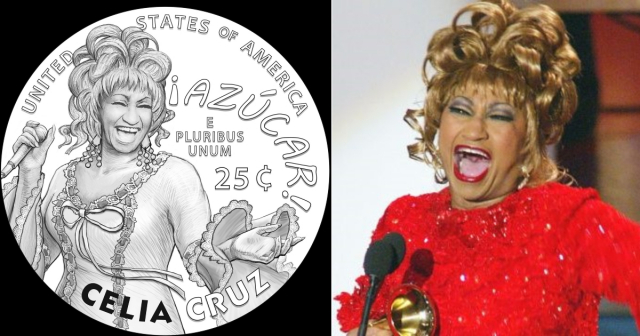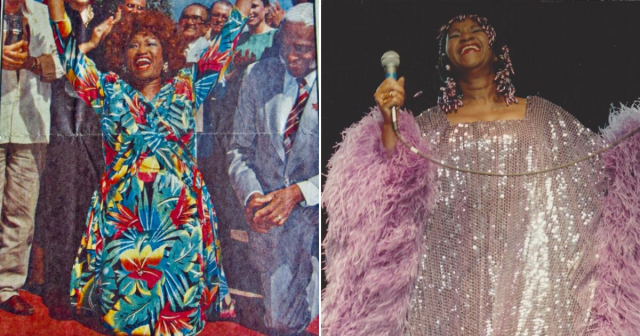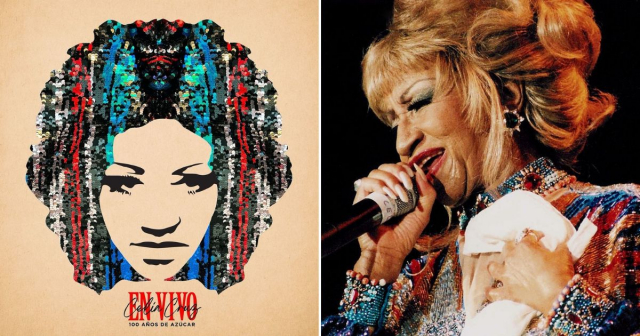On July 15, 1960, the legendary Cuban singer Celia Cruz had breakfast with her mother in Havana for the last time. She promised her she would be back in Cuba for Christmas and took a flight to Mexico, but she could never fulfill her promise.
"They started calling us to board the plane, and without knowing it was the last time, I felt the Cuban sun shining in that sky. I turned around and saw Ollita (her mother) smiling on the terminal terrace, and blew her a kiss," the singer narrated in her autobiography.

Celia Cruz left Cuba to go on a tour with La Sonora Matancera. What was initially meant to be a brief absence turned into a permanent exile.
In October 1960, the political situation on the island became radicalized, and the regime led by Fidel Castro did not allow, and does not allow, dissent or criticism.
Celia Cruz's fame grew over the years and she became a public figure with a stance against the regime. The refusal to allow her return was a clear message of the Cuban government's absolute control over any form of opposition.
During her exile, the Queen of Salsa emerged as a symbol of resistance and the fight for a free Cuba. Her visit to the US naval base in Guantánamo is an episode remembered with great emotion.
In an act filled with symbolism, Celia bent down and picked up a handful of Cuban soil in her hands, taking a piece of her homeland with her.
This gesture, more than an act of nostalgia, was a declaration of love for his country and a rejection of the regime that forbade him to return.
Throughout her life, Celia Cruz expressed on several occasions her pain for not being able to return to Cuba, not even to bury her mother. The regime not only exiled her physically, but also tried to erase her cultural legacy within the country. However, her music and her spirit continue to live on.
It is important in the current context that Cuba is going through, to remember Celia Cruz not only as an extraordinary artist, but as a voice that never stopped denouncing injustice and oppression.
His forced exile is a testimony of the authoritarian regime that has governed the island for over six decades and keeps thousands of Cubans away from their country, their family, their homeland.
What do you think?
SEE COMMENTS (1)Filed under:






